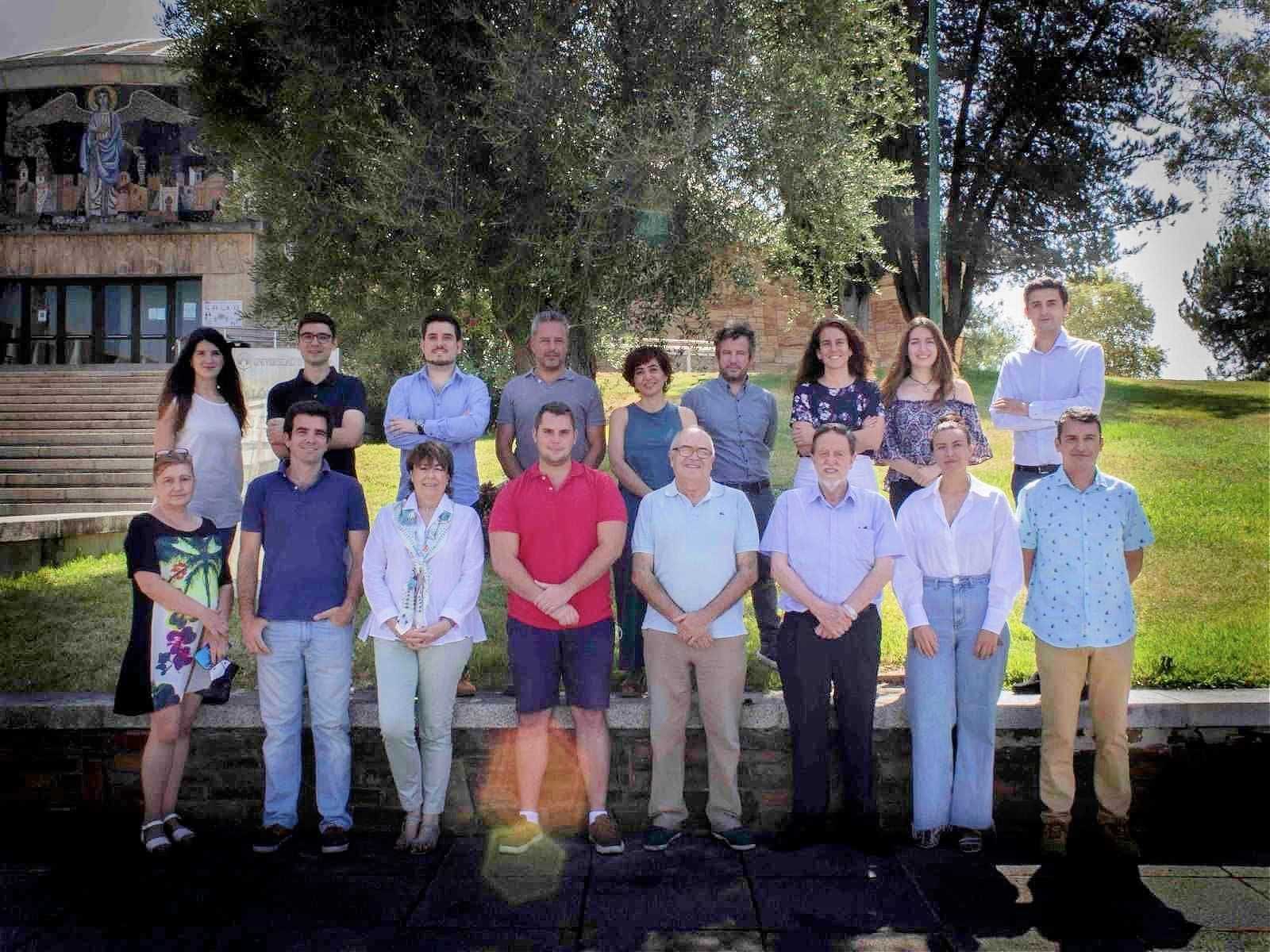As the impacts of climate change continue to be felt by olive growers worldwide, the researchers behind the European Union-funded Gen4Olive project believe olive genetics may provide some solutions to their most pressing issues.
According to Hristofor Miho, the project manager of Gen4Olive, only five percent of the world’s olive varieties are commercially exploited. The remaining 95 percent are unused and primarily preserved in the world’s five main olive germplasm banks in Morocco, Spain, Italy, Greece and Turkey.
The Gen4Olive project will focus on the evaluation of olive genetic resources that can better withstand different climate change scenarios.
Miho said that this large unused percentage leads to genetic erosion, which exacerbates problems caused by climate change and the spread of pests and diseases.
The researchers behind the Gen4Olive project are currently working to characterize and classify olive cultivars to design new breeding programs to meet market needs, such as disease-resistant cultivars that are adaptable to high-density farms. This type of research would also increase the general body of knowledge about the more rarely exploited cultivars.
“Thus, farmers will have a varied choice in planting olive cultivars which are more productive and resilient to biotic and abiotic factors,” Miho told Olive Oil Times.
“On the other hand, this project will contribute to harmonizing the work between the different olive germplasm banks in the main Mediterranean countries and end-users such as nurserymen and farmers with direct access to genetic resources that they can explore,” he added.
The main goal of Gen4Olive is to characterize 500 different olive varieties and 1,000 wild and ancient genotypes. The researchers are already in the process of creating two mobile applications to help identify olive tree varieties and detect pests and diseases that may have infected a plant.

Gen4Olive researchers
Miho said this would help identify varieties that are resistant to different diseases and have shorter juvenile periods – the amount of time before an olive tree becomes fully productive. He expects these tools to be available to the public by 2024.
He added that the Gen4Olive project has two main strategies lined up to help olive growers mitigate the effects of the Mediterranean basin’s changing climate.
“Taking advantage of germplasm banks found in five Mediterranean countries with very different climates, the genotype-by-environment interaction will be evaluated,” he said.
See Also:13 New Olive Varieties Discovered in Catalonia“Predictive models on the effect of climate change on olive cultivation can be developed,” he added. “Also, chilling requirements of more than 500 varieties can be evaluated to anticipate possible flowering problems in arid areas.”
In addressing issues such as pests and diseases, Miho said that genetic erosion arises with the gap between the number of cultivars known instead of the total amount in existence.
For example, Xylella fastidiosa has obliterated thousands of hectares of olive trees in Italy in a short space of time. He argued that the relief response has been relatively slow due to a delay in developing new resistant varieties.
Miho worries that genetic erosion has already hurt the potential of olive oil production for many growers, especially on high-density and super-high-density plantations.
He said that very few cultivars are adapted to these systems and would be extremely difficult to replace with new cultivars as they are increasingly affected by climate change and biotic and abiotic stresses.
“For this reason, the Gen4Olive project will focus on the evaluation of olive genetic resources that can better withstand different climate change scenarios,” Miho said. “It will be easier for us to mitigate any unforeseen events quickly and efficiently.”
“In the coming years, depending on the risks that threaten olive trees, such as pandemic diseases or climate change, we may quickly notice a change in the trends of cultivated varieties,” he added. “For this reason, it is crucial to be ready and alert to provide a quick solution to the sector.”








